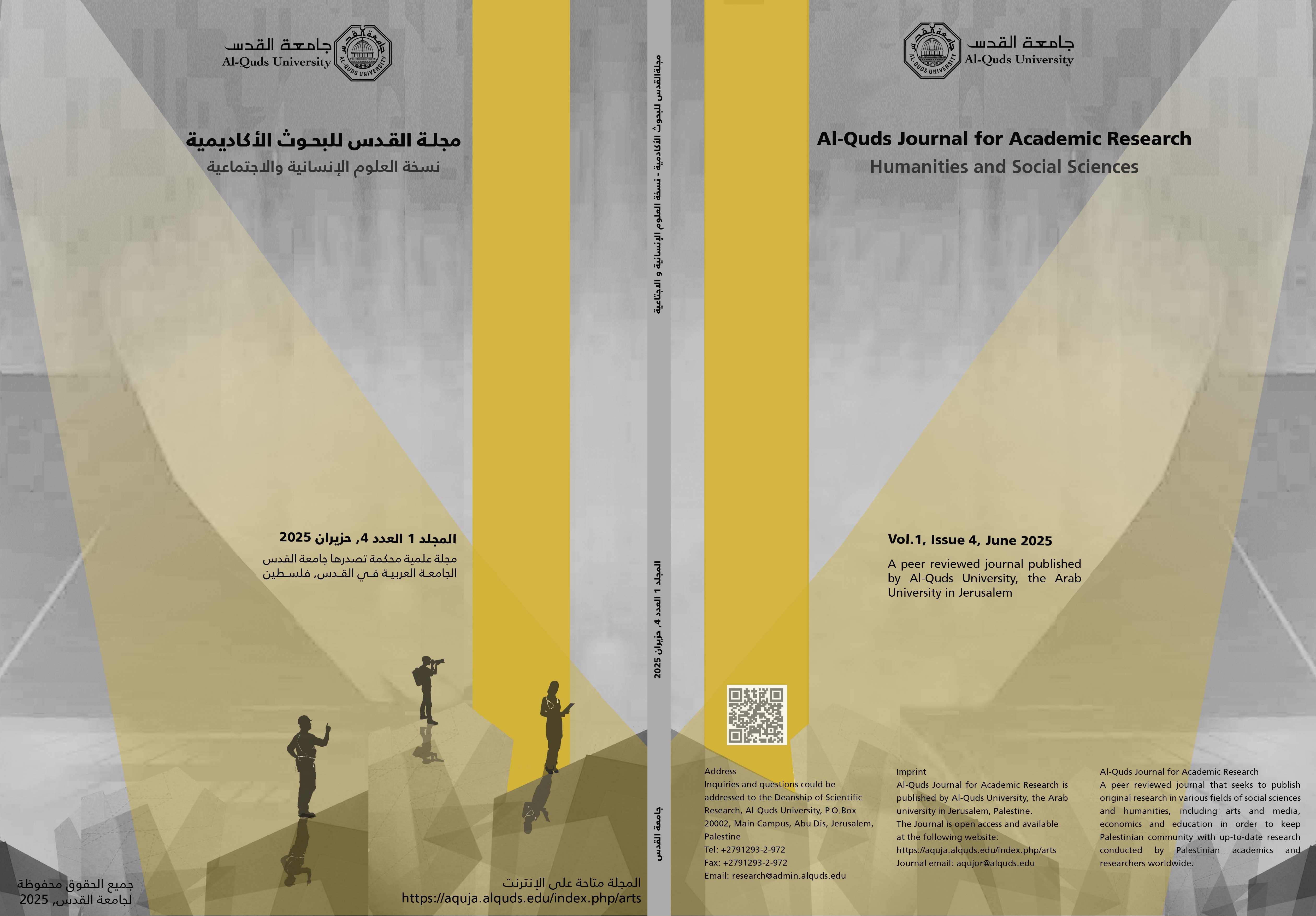The Future of the Authorities of Arab National Security Councils in Exceptional Decision-Making- A Study in Light of Selected Western Experiences
Keywords:
National security, states of emergency, exceptionalism, Arab states, decision-makingAbstract
Exceptional times constitute one of the most significant tests to which political systems around the world are subjected. This reality has motivated scholarly reflection on the extent to which Arab states are prepared to confront the risks posed by exceptional circumstances, and on the degree to which they have institutionalized the convening of National Security Councils and the subsequent issuance of extraordinary decisions necessary for managing such critical periods. This examination proceeds from an analysis of the composition of these councils and the specific powers and prerogatives assigned to them. Arab National Security Councils, however, display considerable disparity in both their structural configurations and the distribution of their respective authorities. Despite their formal enshrinement within constitutional texts, the comprehensive activation of these councils remains largely unrealized. This is primarily due to the insufficiency of constitutional foundations and the fragility of the legal frameworks governing their operation, factors which ultimately hinder the fulfillment of their intended roles. In this context, the present study seeks to elucidate the areas requiring focused development in the discourse concerning the future of the powers entrusted to Arab National Security Councils in the realm of exceptional decision-making. It does so through a critical examination of selected operative Western experiences, which constitute practical exercises whose outcomes and conclusions may be productively employed as reference points in the process of conceptualizing and constructing a forward-looking framework for Arab National Security Councils.

